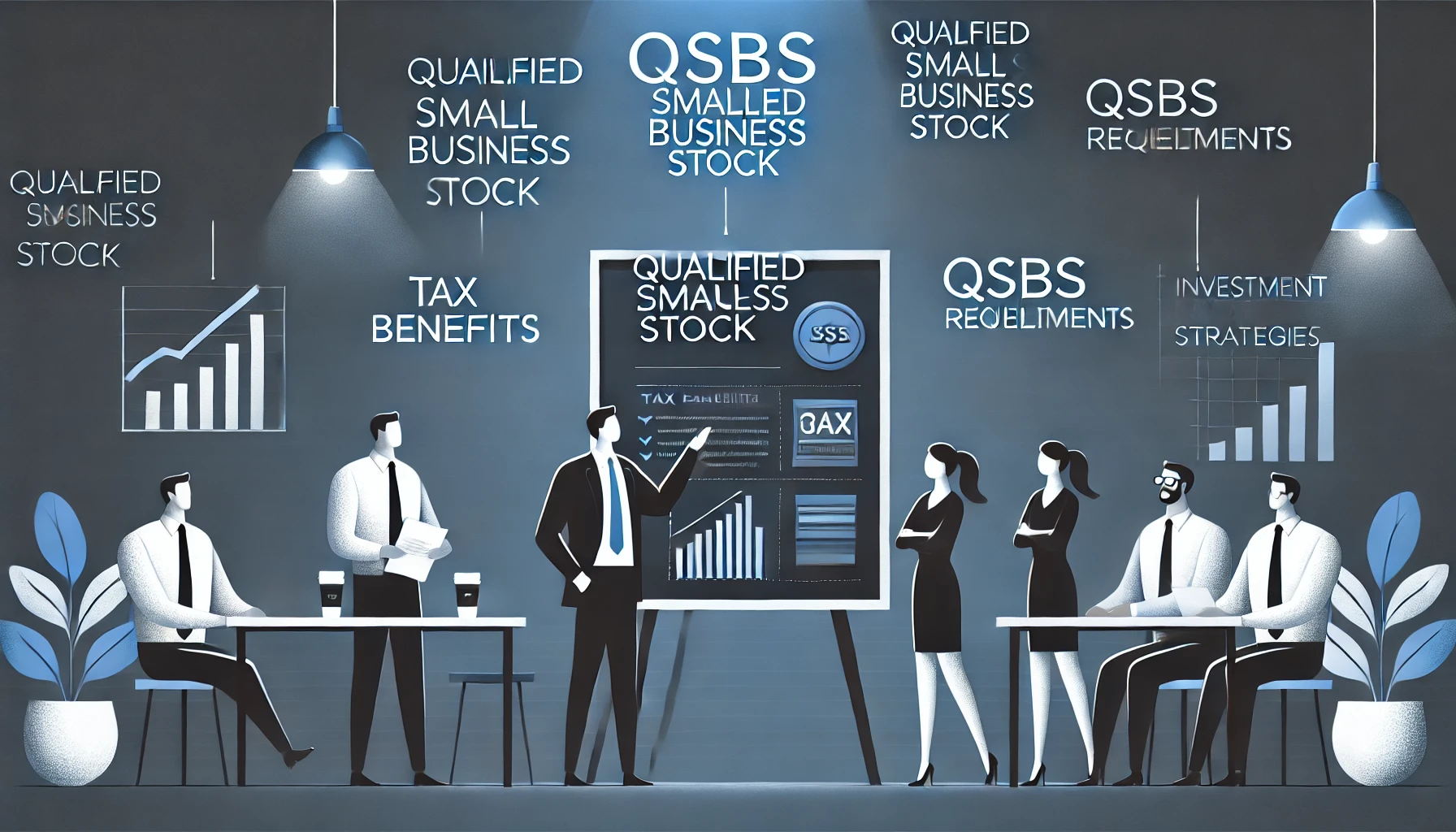The Solo 401(k)
Friday, March 29, 2024

Hey there, you savvy business owner, you! If you’re running the show solo or with just your partner, then first of all, hats off to you. The freedom of being your own boss is pretty amazing, right? But hey, even the independent souls among us need to think about the future. Yep, I’m talking retirement, my friends! One retirement plan that’s a real game-changer for the self-employed is the Solo 401(k), also known as the Individual 401(k) or i401(k). Grab a cup of coffee, and let’s dive into the world of Solo 401(k)s and explore its pros and cons.
The Solo 401(k)
Before we get to the juicy details, let’s go over the basics. The Solo 401(k) is designed for self-employed individuals and business owners with no common-law employees. If you fit the bill, then you can contribute both as an employee and an employer. Isn’t that cool?
- Employee Contribution Limits for 2024: Up to $23,000, or $30,500 if you’re age 50 or older.
- Employer Contribution Limits for 2024: Up to 25% of your compensation, capped at $69,000.
The Pros: Why the Solo 401(k) is the Bee’s Knees
1. Double the Fun—Contribute as Both Employee and Employer
The Solo 401(k) allows you to contribute both as an employee and an employer. This means you can stash away a significant amount for retirement. The combined contribution can’t exceed $69,000 for the 2024 tax year or $76,500 if you’re 50 or older. If you compare that to other retirement plans, it’s like hitting the jackpot.
2. Tax Benefits Galore
Contributions to a Solo 401(k) are generally tax-deductible, which means you can lower your taxable income today. There’s also the Roth 401(k) option, where you contribute after-tax dollars, and your withdrawals during retirement are tax-free. How amazing is that?
3. Catch-Up Contributions
If you’re 50 or older, you can make catch-up contributions, making it easier to beef up your retirement savings if you got a late start. It’s never too late to begin, right?
4. Loan Options
Find yourself in a pinch and need some quick cash? With a Solo 401(k), you can take out a loan against your account. Just remember, you’ll need to pay it back with interest.
5. Flexibility and Control
You call the shots, literally. You can decide how much you want to contribute each year, depending on how your business is doing.
The Solo 401(k) Cons: A Few Things to Ponder
Alright, I know I’m painting a pretty picture here, but no retirement plan is without its downsides.
1. Setting It Up Can Be a Chore
Starting a Solo 401(k) involves paperwork and possibly some legal hoops. But hey, you’re a business owner; you’re no stranger to that, right?
2. No Company Match
Since you’re the company, there’s no additional match to your employee contributions. What you put in is what you get.
3. Contribution Limits Apply to All 401(k)s
If you have another job with a 401(k), remember that the employee contribution limits apply to all your 401(k)s combined. You can’t max out one and then max out another.
4. Mandatory Filings
Once your account assets hit $250,000, you’re required to file an IRS Form 5500-SF annually. Just a little more paperwork to keep you on your toes!
5. Limited Investment Options
This depends on the financial institution you choose. Some offer a wide array of investment options, while others might be a bit more restrictive.
Is a Solo 401(k) Right for You?
If you’re a self-employed individual or a small business owner without any employees other than your spouse, the Solo 401(k) offers a fantastic way to save for retirement while enjoying some tax perks. However, make sure you’re okay with the administrative responsibilities that come with it.
Still not sure if the Solo 401(k) is your cup of tea? It’s always a good idea to talk to a financial advisor who can give you personalized advice.
Well, there you have it, folks—the pros and cons of a Solo 401(k). The power to shape your financial future is in your hands. So, what’s it gonna be?
Cheers to planning for a future as awesome as you are!

June 24, 2024
Understanding Qualified Small Business Stock (QSBS)

May 20, 2024
Market Minutes for May 20, 2024
